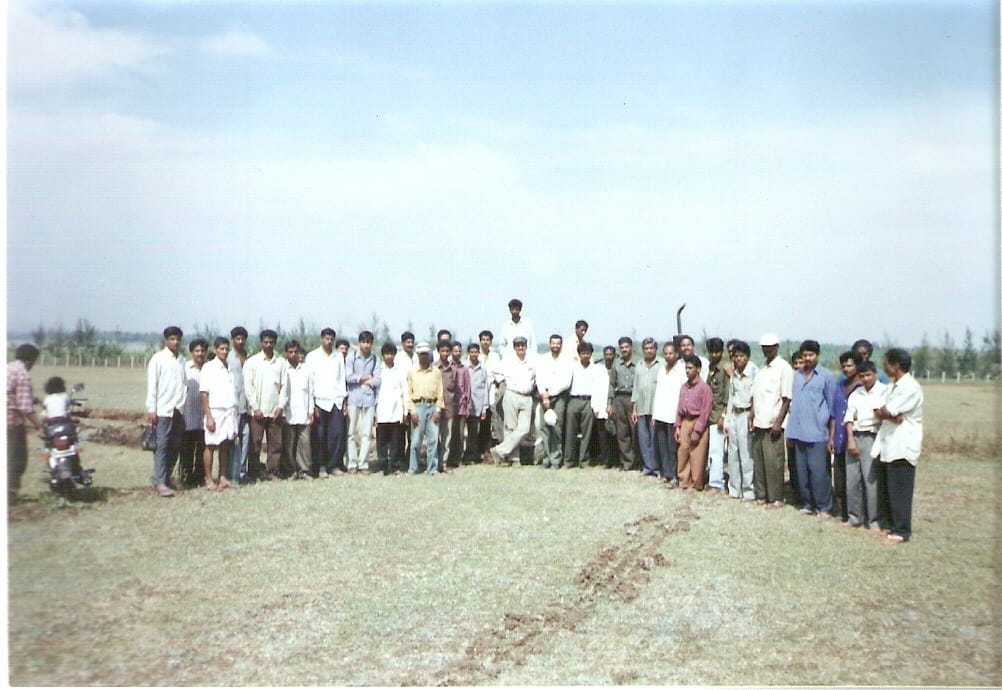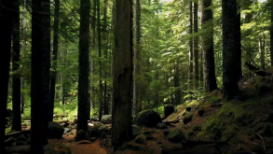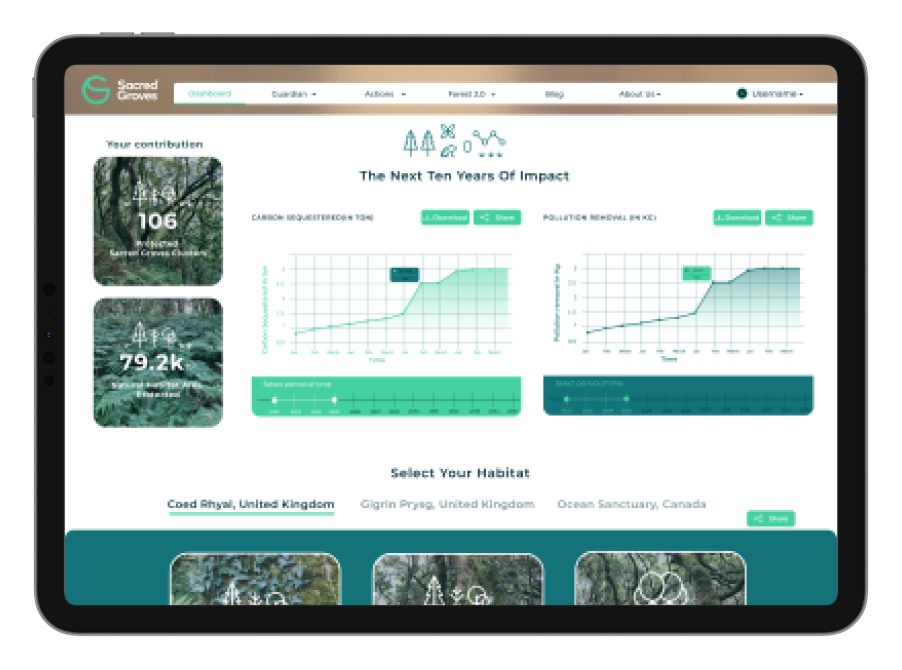To gift or not to gift? As the world heats and human plastics choke waterways and harm endangered species, it’s the question many of us are asking ourselves. A hundred sq. km of wrapping paper and more than 100,000 tonnes of plastic packaging will be binned on Christmas Day in the UK, with 800 tons of plastic waste collected, in India, on the day after Diwali. And while the 29th November, ‘Black Friday’ is hailed by bargain hunters and Christmas shoppers, it wreaks havoc on the environment, with a 2021 study by environment think tank the Green Alliance finding that nearly all Black Friday purchases end up as waste.
In recent years, many consumers have been moving away from gifting newly made items to ‘experiential’, upcycled, second-hand and eco-friendly gifts.
Take the example of London lawyer Alex Law, 29, who dubs himself an ‘ethical non-consumer’.
“I think so much stuff just gets chucked into landfill and I do my best to ethically reuse things already around: buying a picture frame to customise for a friend, for example.” Law adds that consumer ethics and a heating planet are informing what he sees as a generational shift. “My friends and I are keenly aware of the carbon that’s gone into any product we buy as well as the risk of factory exploitation in the manufacture of cheap goods,” he says.
A 2017 report by Goldman Sachs Research, the Millennial Spending Survey, highlighted three consumption trends we are likely to see more of as millennials reach their peak spending years, around the age of 40. Alongside a more pronounced migration to online purchasing, which was super-powered during the pandemic, the report predicts a growing demand for markets for ‘efficient exchange of pre owned products’. Attendant to this growing demand for pre owned items is ultra-low environmental impact, or planet-positive or environmentally friendly gifting.
Buying gifts can almost feel like a formality one needs to fulfill, but there are examples where people are finding alternative paths to navigate this situation.
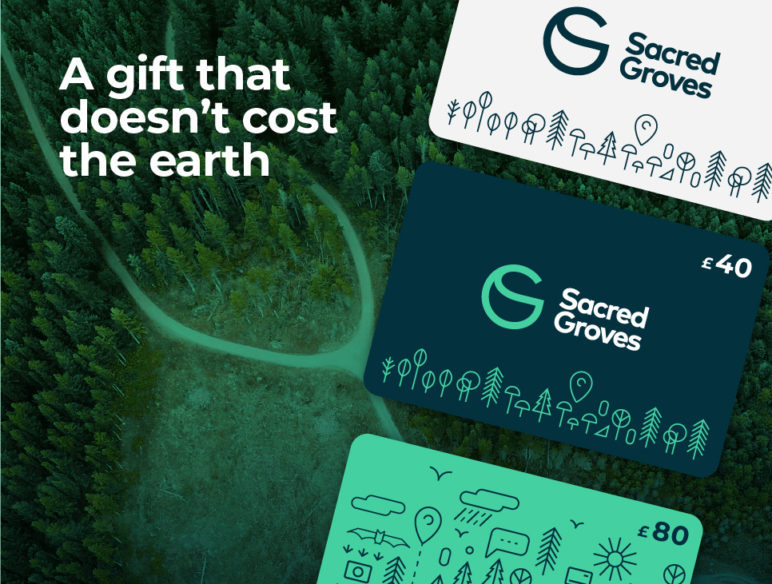
Rachel Mills, founder of ecological education charity Buttercup Learning stopped buying Christmas ‘stuff’ for adults in 2019, although she does buy her daughter material goods she needs second-hand. “I now go product-free with gifts for friends, visiting (charity listing site) workforgood.co.uk and picking a charity that matches the recipient’s values, be it concern for animals, deforestation, or homelessness, and making a donation in their name.”
Aimee Higgins, co-founder of grassroots climate action charity Every One Of Us, is also trying to go ‘planet positive’ in her giving following the dramatic picture of the world’s plight reported in the recent CoP 26 climate change conference. “I choose either ‘experience’ gifts that will give the person I’m gifting to a lifetime’s memories or something that supports an organisation that’s doing good. This year I have funded tree planting for one friend and sponsored an elephant in an African sanctuary for my business partner Sonia.”
New York-based Alex Sands, 35, gave up presents last year after being overwhelmed by the number of plastic toys sent to children over a Christmas in lockdown. “I hid some of the presents away because they were given so much” she says, adding that for years she feels that Christmas prompted her to “panic buy” and spend far too much.
A 2018 study by the University of Lund in Sweden found that a seasonal spike in heart attacks during the Christmas period might be caused by increased emotional stress, including the pressure to excessively give gifts.
Now Sands donates to charity instead and this year is sending chickens to a community in rural Africa through the Send a Cow charity on behalf of her family. A chicken costs US $10, she says and a cockerel costs $7. Sands’ gift recipients can follow the progress of their avian friends on the charity’s site. Sands admits that not giving material presents is something of a relief. “We can just enjoy spending time together as a family,” she says.
And maybe that’s the best gift of all.
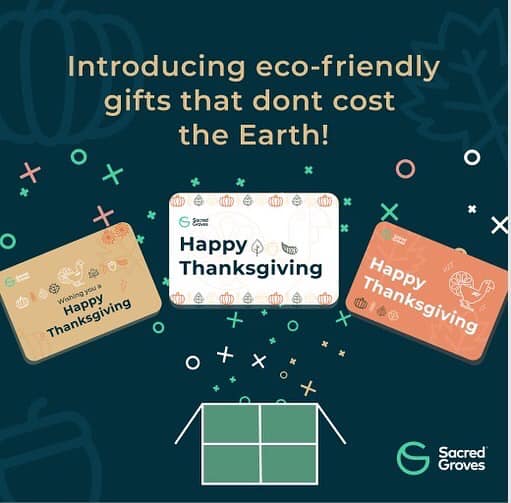
SGCs for Thanksgiving 
SGCs for Christmas 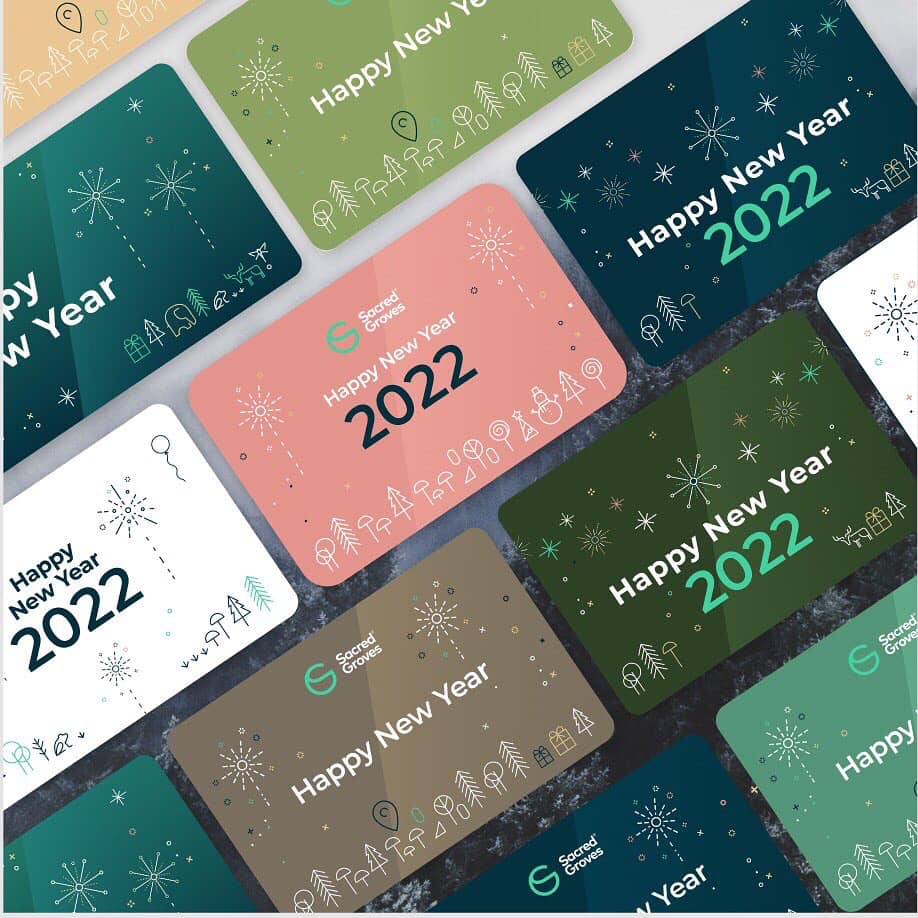
SGCs for New Year
Gift planet-positive this year by buying a Sacred Groves Cluster for friends and family.
Author: Sally Howard, The India Story Agency for Sacred Groves
Did you enjoy this article?
Share with friends to inspire positive action.




